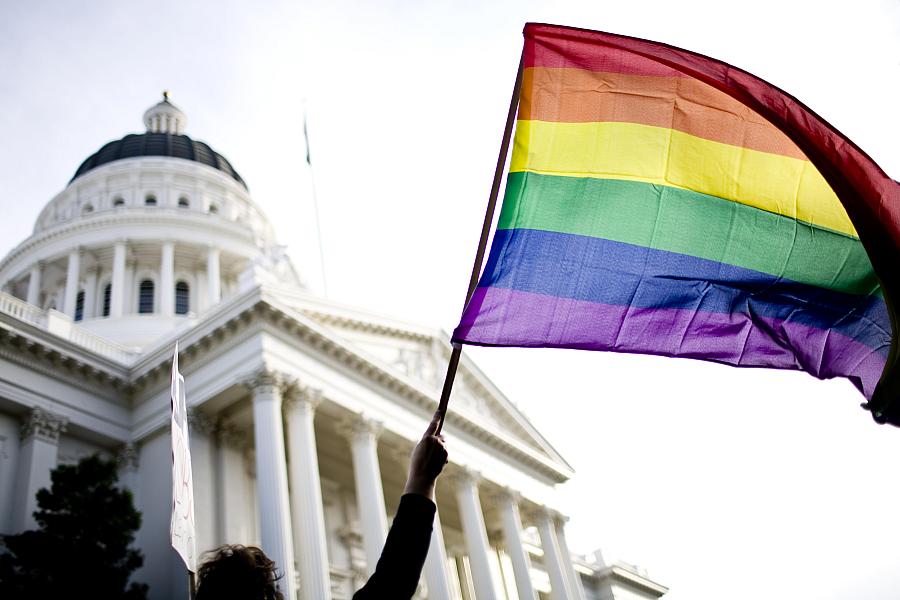State health agencies face new question: How to ask if someone is gay or transgender?

Soon Californians will find themselves being asked to divulge their sexual orientation and gender identity to state health officials. For many, it will be the first time they have been confronted with such an inquiry from a government agency.
It remains to be seen if people will be willing to divulge such intimate details about themselves on government forms, as they will not be required to answer the questions. Nor is it clear how state agencies will ask, collect, and secure information that for decades most people have jealously guarded and worked to keep secret.
It is a situation I confront on a daily basis working for the main LGBT newspaper in San Francisco. Asking sources how they identify under the LGBTQ umbrella, which stands for lesbian, gay, bisexual, transgender and queer, is a routine question as part of my reporting, as we never want to assume a person's sexual orientation or gender identity nor want to out them against their wishes, except on very rare occasions when it is relevant to the story.
Yet even when interviewing LGBT community members, I have received pushback from some when asking such questions on why such an answer is needed. And many people who are heterosexual respond somewhat nervously when asked how they identify, as it is something they have never been asked about.
The need for governments to ask these questions is something I have been reporting on for the last five years. LGBT advocates and state lawmakers argue that the health needs of the LGBT community are largely “invisible” because of a lack of data on it. Without asking people to disclose if they are LGBT, they contend it is impossible to know what health ailments are prevalent in the community and difficult to request adequate funding from state agencies to address them.
In its Fair Share for Equality report released in early 2016, the statewide LGBT advocacy group Equality California noted, “The collection of accurate, timely data about the LGBT community is vital to reducing disparities in health and wellbeing, simply because if we are not counted, we do not count.”
It argued that government agencies, policymakers, health professionals and other entities providing social services “need to know how many LGBT people are being served by existing programs in order to assess how to better meet LGBT health and wellbeing disparities.”
In recent years, progress has been made on collecting LGBT demographics. An increasing number of surveys, whether from polling firms or government entities, have begun asking respondents if they are LGBT, though gaps remain, particularly with the decennial U.S. Census, which only tracks same-sex couples.
New York State was one of the first to order state departments to ask about such information, and this year San Francisco officials instructed a number of city agencies that provide health services to do so by July 1.
In 2013, the Centers for Disease Control and Prevention began asking about sexual orientation and gender identity in its Behavioral Risk Factor Surveillance System, one of the world's largest health surveys. That same year, the UC Davis Health System became the first academic health care provider to ask its patients if they identify as LGBT.
In determining to do so, UC Davis officials pointed to a 2011 Institute of Medicine review of research data on LGBT health that detailed severe health disparities for LGBT communities. The report showed that alcoholism, drug abuse, depression, suicidal risk, and chronic diseases that are often ignored appear to be problems that affect a disproportionate share of LGBT people.
In 2016 California Governor Jerry Brown signed into law legislation that requires four state agencies to begin collecting demographic data on lesbian, gay, bisexual and transgender people. The departments of health care services, public health, social services, and aging have been given until July 1, 2018 to update their data collection systems with questions regarding sexual orientation and gender identity.
My 2017 California Fellowship project will look at what the experience has been for the agencies that are already collecting the LGBT data. What issues arose in asking such questions and how did they address them? And how are agencies in San Francisco and Sacramento preparing to collect LGBT demographic information?
[Photo: Max Whittaker/Getty Images]

